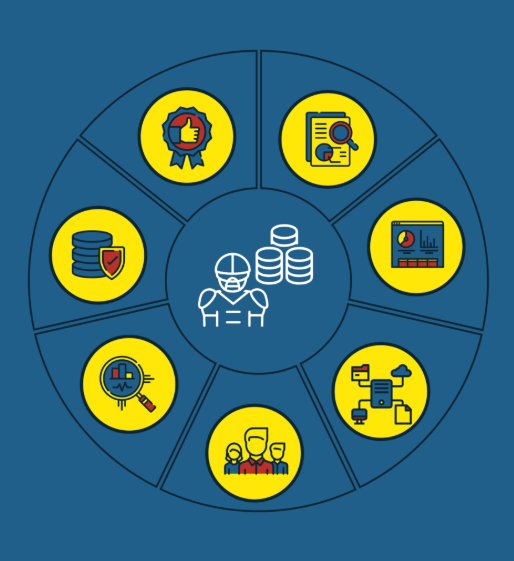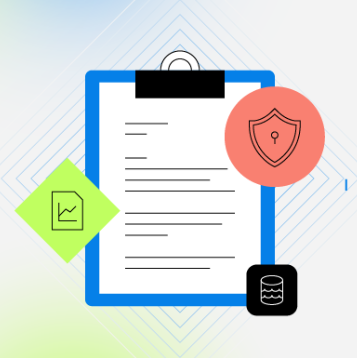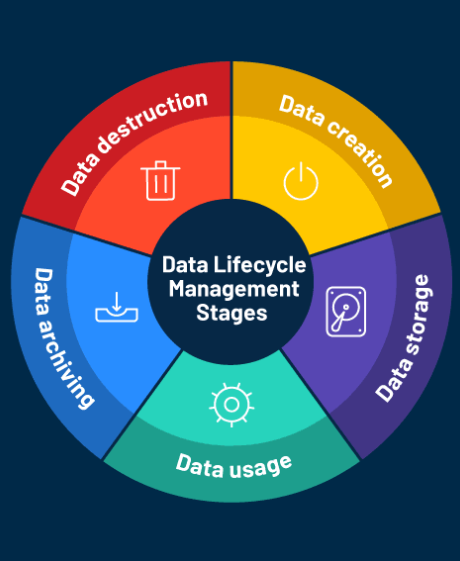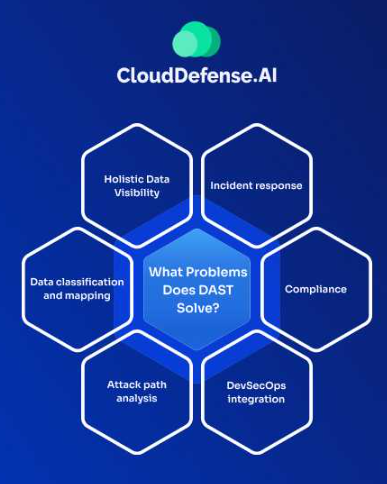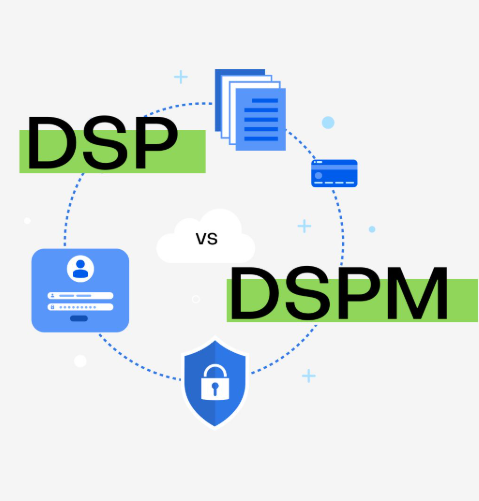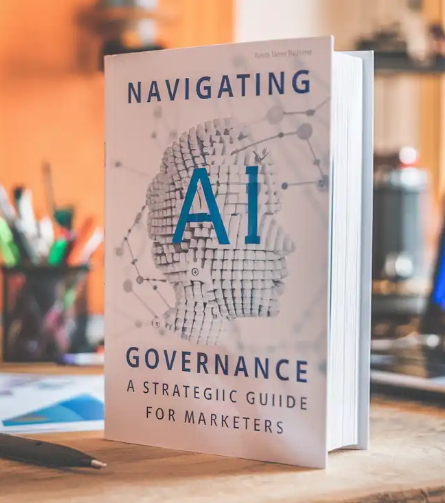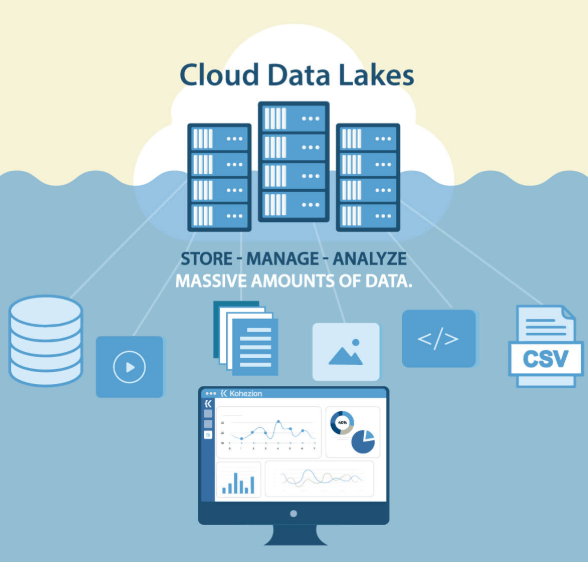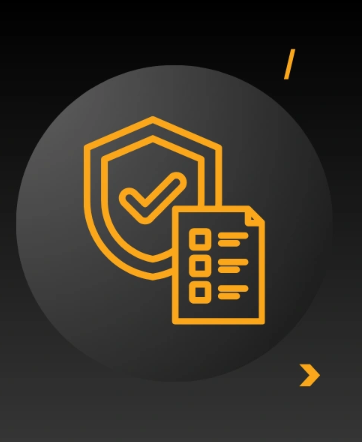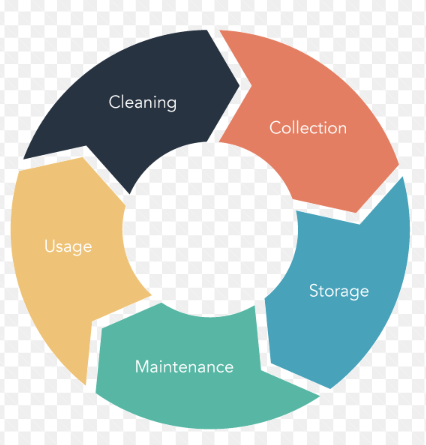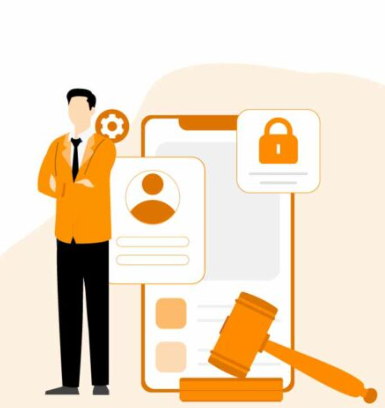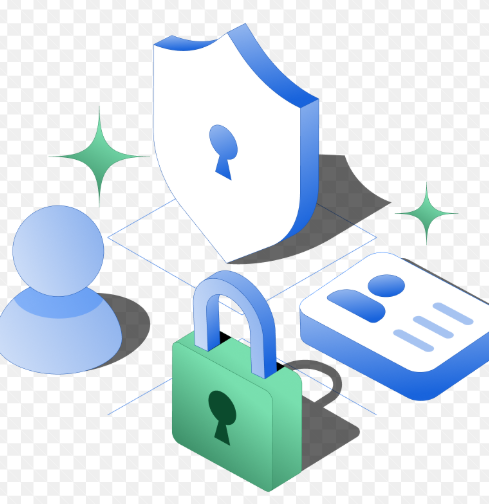
As the U.S. government continues to digitize its services, data portals like those for taxes, healthcare, and student loans have become essential tools for public access to vital services. However, for businesses integrating with these portals, there are significant challenges surrounding data privacy and compliance. Companies relying on federal data portals need to navigate evolving privacy regulations to ensure they protect sensitive information and stay compliant.
Federal Data Portals: A New Era of Public Service
U.S. federal data portals, including those for student loans, tax filing (IRS e-file), and healthcare services (Healthcare.gov), handle vast amounts of personal and financial data. Many businesses that offer services like tax preparation, student loan management, and healthcare support integrate their services with these government platforms to enhance user experience. But as these portals handle increasing amounts of personal data, companies must be aware of the security, privacy, and regulatory risks that come with such integrations.
Key Data Privacy Considerations for Businesses Integrating with Federal Portals
When integrating with federal data portals, businesses are not just managing their own data—they are also handling sensitive personal information that is subject to strict privacy regulations. It’s crucial for companies to understand the data privacy and compliance requirements that come with these integrations.
1. Navigating Data Sharing and Security Risks
Federal portals often share data with third-party vendors or contractors for service delivery, which can lead to the distribution of sensitive data to multiple parties. This presents a risk, as the data may not be protected by the same robust privacy safeguards that businesses are expected to follow. To ensure compliance with regulations like the California Consumer Privacy Act (CCPA) and General Data Protection Regulation (GDPR), companies must be transparent about how customer data is used and stored.
Although federal portals must follow security protocols, the protection they provide may not always align with the higher standards required of businesses, creating potential vulnerabilities in how sensitive data is managed.
2. Compliance with State and Federal Regulations
Since federal portals are accessed by individuals from across the U.S., businesses must comply with both federal and state privacy laws. For example, California’s CCPA offers strong protections for consumer data that may not align with federal policies or the security measures employed by federal portals. Businesses must remain aware of these discrepancies and ensure that their systems comply with both state and federal regulations.
3. Data Access and Consumer Rights
Under various privacy laws, consumers have the right to access, correct, and delete their data. However, federal portals may not offer the same level of control over personal information as required by some state laws. This creates challenges for businesses, which must ensure that consumers can exercise these rights when interacting with federal data systems. Companies must find ways to ensure these rights are respected when federal data is used in their operations.
Steps Businesses Can Take to Ensure Compliance
If your company is integrating with federal data portals, here are key steps to maintain compliance and protect data privacy:
1. Stay Informed on Regulations
Keep up to date with both state and federal privacy laws, as they are constantly evolving. Understand how federal data-sharing practices intersect with state-level regulations to avoid compliance gaps.
2. Implement Robust Security Measures
Businesses must take proactive steps to secure the data they handle, especially when working with government systems. Using up-to-date encryption, firewalls, and secure storage protocols can help mitigate the risks of security gaps in federal portals.
3. Be Transparent with Customers
Clearly communicate with your customers about how their data is being used, shared, and stored when integrating with federal portals. Transparency fosters trust and ensures that your business complies with privacy laws and best practices.
4. Advocate for Clearer Federal Privacy Regulations
Many businesses are calling for comprehensive federal data privacy laws to standardize practices across both state and federal platforms. By supporting clearer, more consistent privacy regulations, businesses can help drive better regulatory frameworks.
Moving Forward with Federal Data Portals
Integrating with U.S. federal data portals offers many advantages, including improved efficiency and expanded public services. However, these portals also introduce privacy and regulatory challenges that businesses must carefully navigate. Companies must be proactive in understanding the implications of federal data sharing, ensuring strong security measures are in place, and complying with both state and federal privacy laws.
By staying vigilant and adopting best practices in data privacy and security, businesses can effectively manage the complexities of federal data portals while safeguarding consumer privacy and avoiding legal and reputational risks.








